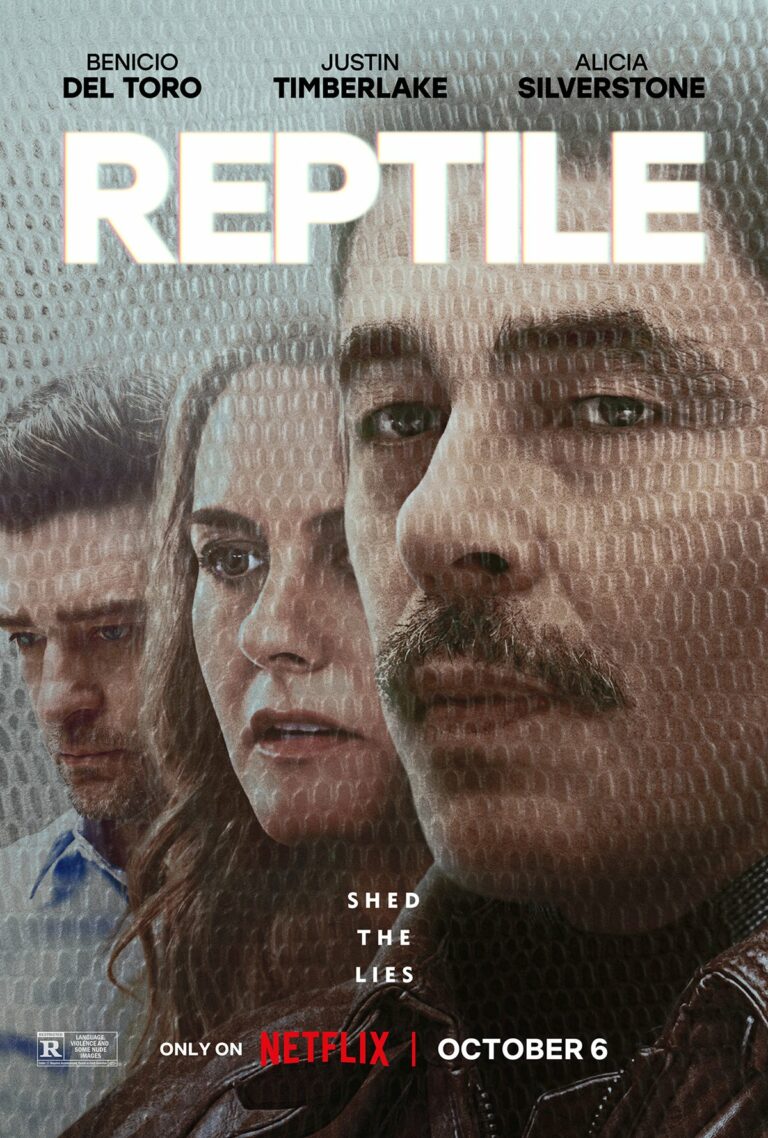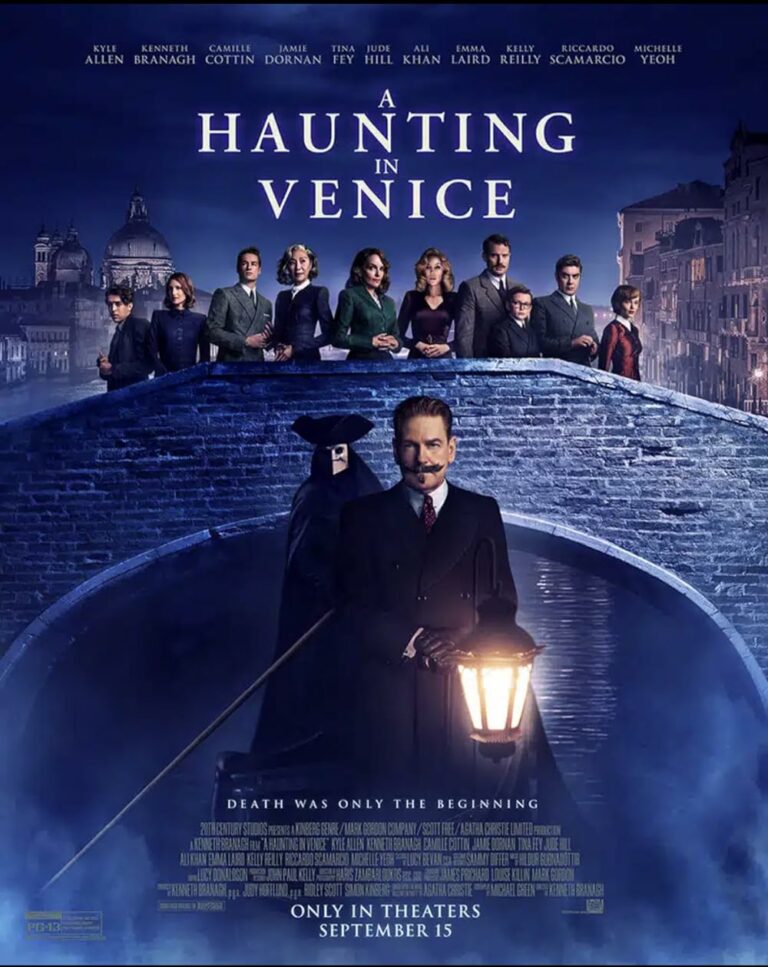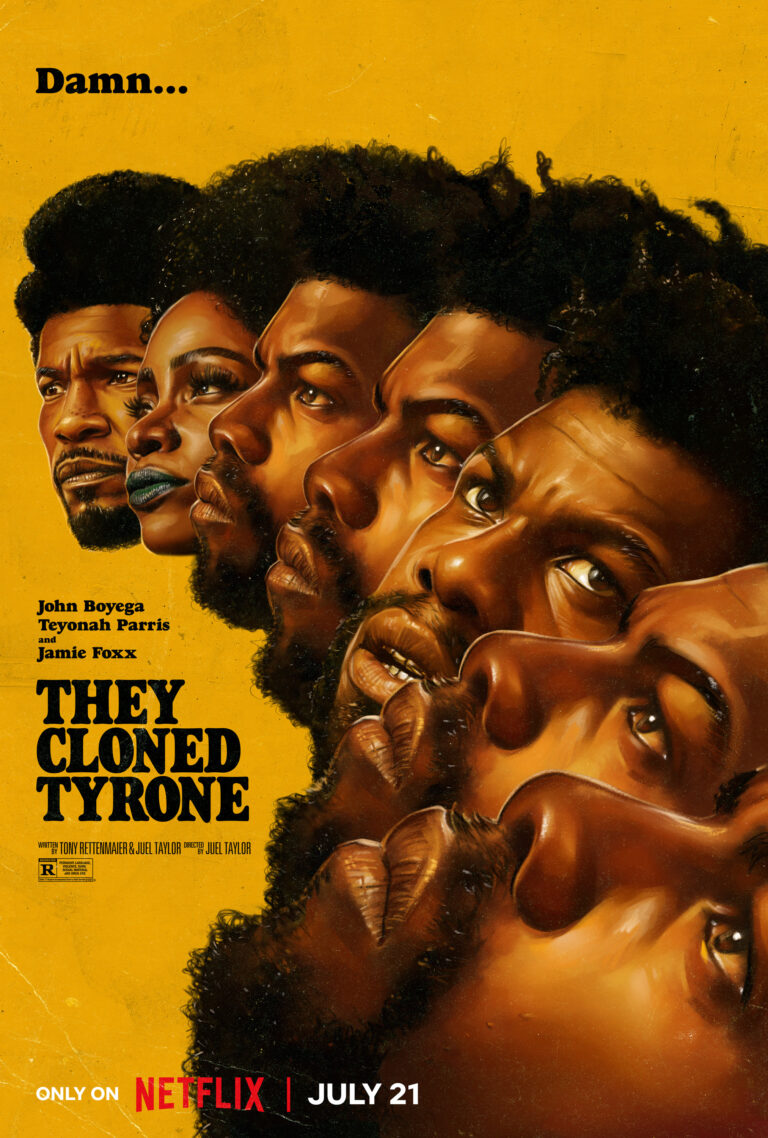The Siege is a 1998 American action thriller film directed by Edward Zwick. The film is about a fictional situation in which terrorist cells have made several attacks in New York City. The film stars Denzel Washington, Annette Bening, Tony Shalhoub, and Bruce Willis.
source: wiki
submitted by: Baha Arslan
Click to rate this Movie!
Summary:
“The Siege” is an intense and thought-provoking thriller set in contemporary New York City. Directed by Edward Zwick and released in 1998, the film tackles complex themes such as terrorism, civil liberties, and government intervention. Through a gripping narrative and a stellar ensemble cast, it delves into the intricacies of counter-terrorism efforts and the delicate balance between maintaining security and preserving individual freedoms.
Synopsis:
The story unfolds in a post-9/11 world, where fear of terrorism looms large over the United States. A series of brazen terrorist attacks, attributed to a mysterious group known as the New York Terror Network (NYTN), sends shockwaves through the nation. Faced with escalating threats, FBI Special Agent Anthony Hubbard (Denzel Washington) and his team, including Agent Frank Haddad (Tony Shalhoub) and CIA agent Elise Kraft (Annette Bening), are tasked with unraveling the plot and neutralizing the threat.
As they delve deeper into the investigation, the team discovers that the NYTN is a well-organized and elusive network, utilizing modern technology and tactics to carry out its devastating plans. The city’s political leaders, represented by the arrogant and hawkish General William Devereaux (Bruce Willis), support the investigation but grow increasingly impatient as the attacks continue unabated.
In an audacious act, the terrorists orchestrate a massive bombing at a busy theater in Times Square, leaving hundreds dead and thousands injured. The city plunges into chaos, and public outrage reaches a boiling point. Devereaux seizes the opportunity to impose martial law, giving him extensive powers to maintain order and apprehend suspects without regard for civil liberties.
As the city becomes a virtual police state, ordinary Muslim Americans fall victim to racial profiling and suspicion. A prominent Muslim religious leader, Sheikh Fadil (Sami Bouajila), becomes a prime suspect due to his perceived association with the terrorists. His mosque is raided, and he is arrested, igniting protests and further straining the city’s social fabric.
Agent Hubbard, a principled and empathetic investigator, finds himself increasingly at odds with General Devereaux’s heavy-handed tactics. He insists on finding alternative solutions that uphold both national security and individual freedoms. This puts him on a collision course with Devereaux, whose determination to protect the city overrides any ethical considerations.
Simultaneously, Agent Kraft uncovers a vital piece of information suggesting that the NYTN is planning a major attack on a U.S. military base within New York City. The stakes escalate, and the countdown to the potential catastrophe tightens.
As the plot intensifies, the film explores the moral dilemmas faced by individuals on both sides of the conflict. Hubbard questions the righteousness of their methods, realizing that compromising civil liberties to fight terrorism might undermine the very values they are trying to protect. Meanwhile, General Devereaux becomes increasingly authoritarian, dismissing the need for restraint or accountability in his pursuit of the terrorists.
Sheikh Fadil’s daughter, Samirah (Laila Robins), becomes a key figure in the story as she collaborates with Hubbard to expose the terrorists and prevent further violence. Their alliance bridges the gap between the law enforcement authorities and the Muslim community, highlighting the importance of trust and collaboration in times of crisis.
As the clock ticks, the tension reaches a breaking point. Hubbard must make a difficult decision that could either save countless lives or lead to disastrous consequences for both the city and the nation.
Conclusion:
“The Siege” is a gripping and prescient thriller that raises important questions about the balance between national security and individual freedoms. Through its compelling storytelling and outstanding performances, the film remains relevant to this day, as it challenges viewers to confront the complexities of counter-terrorism efforts and the impact on civil liberties.
In exploring the moral dilemmas faced by its characters, “The Siege” serves as a cautionary tale, reminding us of the delicate nature of the line between protecting the public and safeguarding fundamental rights. It encourages audiences to consider the potential consequences of knee-jerk reactions and the importance of upholding democratic principles even in times of great crisis.
By the film’s conclusion, viewers are left pondering the sacrifices necessary to confront the specter of terrorism while safeguarding the very essence of what it means to be free. As the credits roll, “The Siege” leaves us with a profound sense of responsibility to uphold the values that define our society and the courage to face threats with both strength and compassion.




